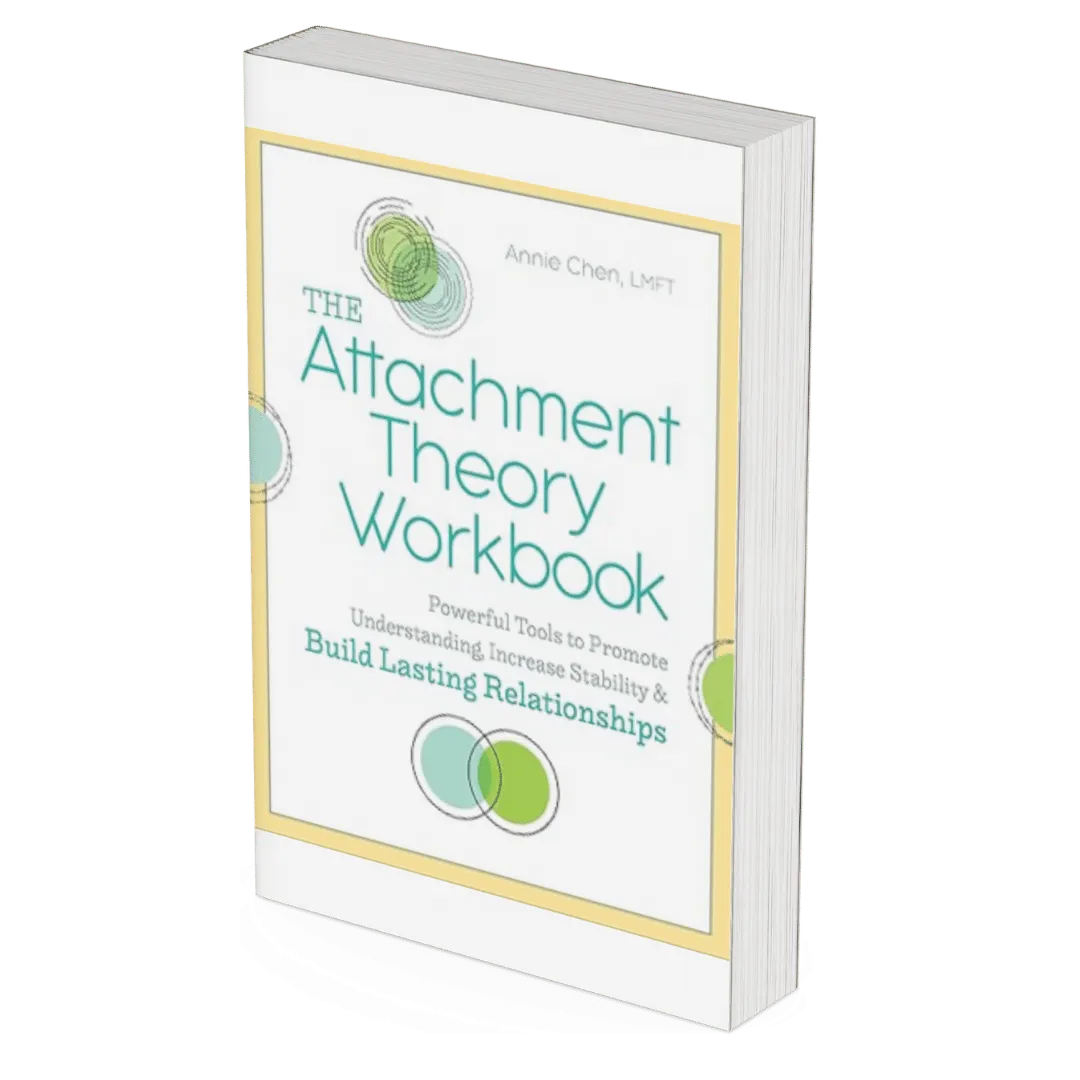Shonda Mills
Relationship Coach
About Shonda
Shonda Mills is a relationship coach focused on guiding couples under 50 through their challenges to help them reconnect and discover fulfillment in their relationships.
With a straightforward approach, she offers practical strategies for overcoming obstacles and improving communication. Shonda's work is dedicated to those looking to navigate the complexities of their partnerships and foster a deeper, more satisfying connection with their partner.
Attachment Theory Blog

Breaking Down Fear of Abandonment
Understanding Fear of Abandonment: Insights and Strategies
Fear of abandonment is a profound and often overwhelming feeling that can deeply affect relationships and personal well-being. It's especially prevalent in individuals with an anxious attachment style, a pattern of behavior and emotional response developed from early childhood experiences. In this blog post, we'll delve into the roots of this fear, explore scenarios where it's most triggered, and offer advice for managing and overcoming these challenges.
The Root: Anxious Attachment Style
Anxious attachment style typically arises from inconsistent caregiving in early childhood. When a child's needs are sometimes met but often ignored or unpredictably responded to, the child learns to be constantly anxious about the availability of their caregiver. This early experience shapes their view of relationships as adults, leading them to fear abandonment and often perceive it even in stable situations.
People with this attachment style crave closeness and reassurance but simultaneously fear rejection and abandonment. Their emotional thermostat is set to a 'high alert' mode, making them hypersensitive to cues of potential separation or disinterest from their partners.

What Triggers Fear of Abandonment?
Changes in Communication Patterns: A delay in response to texts or a missed call can be perceived as a sign of disinterest or an indication that the person is pulling away.
Shifts in Routine or Behavior: Any deviation from a partner's usual behavior, like working late hours or spending more time with friends, can trigger anxiety.
Major Life Changes: Events like moving, job changes, or even positive shifts like promotions can trigger fears of abandonment as they bring uncertainty into the relationship.
Conflict or Criticism: Arguments or criticism, however constructive, can be perceived as a precursor to abandonment.
Moments of Independence: When a partner exhibits independence, like going on a trip alone or pursuing a personal interest, it can trigger fears of being left behind.
Advice for Managing Fear of Abandonment
Self-Awareness: The first step is recognizing your fear of abandonment and understanding how it's linked to your attachment style. This self-awareness can help you discern between genuine issues in the relationship and unfounded fears.
Communication: Open and honest communication with your partner is crucial. Express your feelings without accusation or demand. For instance, say, "I feel anxious when I don't hear from you," rather than, "You never call me, and you make me anxious."
Seek Professional Help: Therapy, particularly cognitive-behavioral therapy (CBT) and attachment-based therapy, can be very effective. A therapist can help you understand your fears and develop strategies to manage them.
Build Independence: Cultivating your interests, friendships, and career can build your self-esteem and reduce the fear of abandonment. Independence in both partners creates a healthier, more balanced relationship.
Practice Mindfulness and Self-Compassion: Mindfulness helps you stay grounded in the present moment and reduces anxiety. Self-compassion involves treating yourself with the same kindness you would offer a good friend in distress.
Reframe Your Thoughts: Challenge and change your catastrophic thoughts. When you fear abandonment, ask yourself, "Is there evidence for this thought, or is it my anxiety speaking?"
Establish a Support System: Having friends and family you can rely on can provide an additional sense of security and reduce the pressure on your romantic relationship.
Recognize Healthy Relationships: Educate yourself about what healthy relationships look like. Understanding boundaries, mutual respect, and independence can recalibrate your expectations.
Fear of abandonment is deeply rooted in the anxious attachment style, and it often manifests in various scenarios, particularly where perceived changes in a relationship occur. However, with self-awareness, open communication, professional help, and personal growth, it is possible to manage these fears. Remember, the path to overcoming fear of abandonment is a journey of self-discovery and building healthier, more secure relationships.
If you're new to understanding Anxious Attachment or want to learn more about it, start by reading. Here's my book "Free Yourself from Anxious Attachment" which can help you learn more about yourself, your triggers and more ways to reduce the anxiety in your life.









Facebook
Instagram
LinkedIn